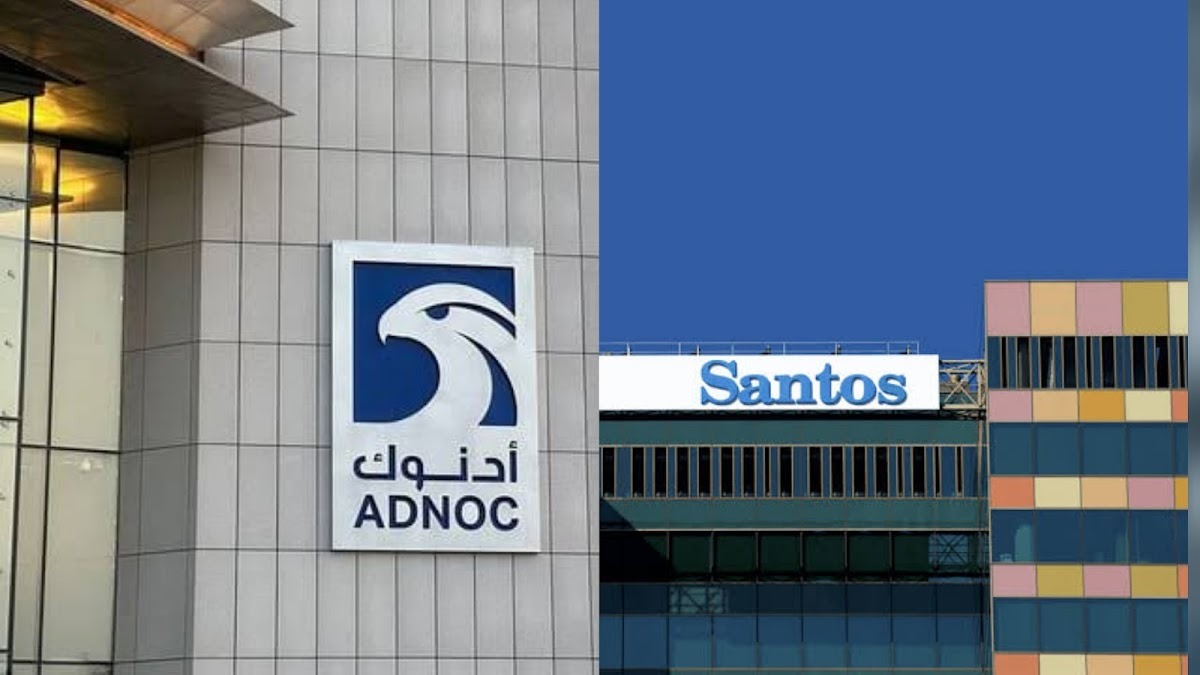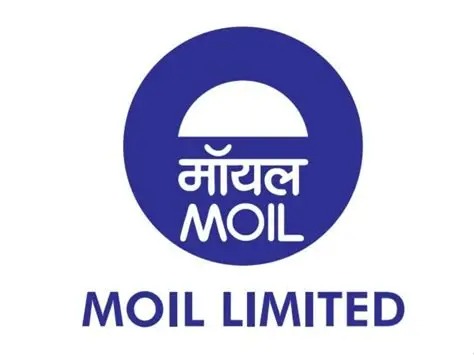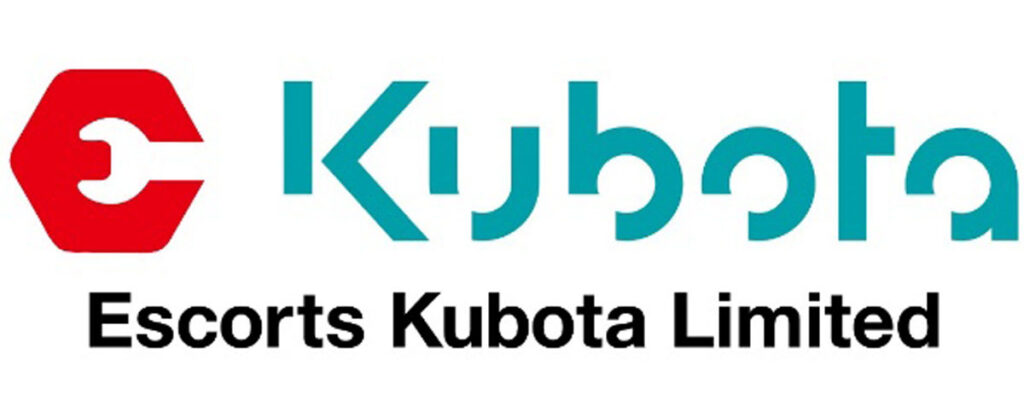
Follow WOWNEWS 24x7 on:

In a surprising turn of events, the ADNOC-led consortium has officially pulled its bid to acquire Santos, one of Australia’s largest independent oil and gas producers. The decision marks a significant development in the global energy industry, reflecting shifting strategic priorities amid evolving market conditions, geopolitical factors, and regulatory complexities.
This withdrawal is likely to reshape the competitive landscape for Santos while influencing future acquisition strategies among international energy majors seeking footholds in Asia-Pacific markets.
Key Highlights From The Bid Withdrawal
The consortium led by Abu Dhabi National Oil Company (ADNOC) has withdrawn its takeover bid for Australia-based Santos.
The decision comes after extensive negotiations and due diligence, reflecting reassessment of financial, regulatory, and strategic factors.
Santos, which operates significant upstream oil and gas assets, will now explore alternative options for growth and investor engagement.
Industry watchers note the move highlights uncertainties in large-scale energy mergers amid a complex global transition toward sustainable energy sources.
Background Of The Proposed Acquisition
The ADNOC-led consortium’s bid for Santos was part of a broader strategy to expand energy portfolios and strengthen upstream capabilities in the Asia-Pacific region, a vital market for global energy demand. Santos’s rich asset base, including key LNG projects and onshore/offshore fields, made it an attractive target.
However, challenges including valuation disagreements, regulatory scrutiny from Australian authorities, and evolving energy transition pressures weighed heavily on the deal’s feasibility. The withdrawal signals a cautious approach amid these headwinds.
Strategic Considerations Behind The Withdrawal
Several factors could have influenced ADNOC’s consortium to pull back:
Market volatility impacting valuation assumptions and future cash flow projections.
Heightened scrutiny from Australian regulatory bodies concerned about foreign ownership and strategic asset control.
Growing emphasis on ESG (Environmental, Social, Governance) compliance and the global energy transition reducing the appetite for fossil fuel expansions.
Reevaluation of capital allocation priorities amid tighter financing conditions and emerging renewable energy investments.
By stepping away, the consortium preserves capital and strategic flexibility to invest in alternative opportunities aligned with evolving energy paradigms.
Implications For Santos And The Energy Sector
For Santos, the failure of this high-profile bid necessitates a recalibration of growth and financing plans. The company may seek other partnerships, asset monetization, or strategic mergers to remain competitive and sustain development pipelines.
At a sectoral level, the withdrawal underscores the increasing difficulty of consummating large fossil fuel acquisitions in a climate-conscious era, even for well-resourced international players.
Market Reaction And Investor Sentiment
The announcement triggered mixed responses in global markets, with analysts highlighting both the downside risks of stalled consolidation and the potential for more innovative, diversified energy investments. Santos shares experienced short-term volatility as investors digested the impact of the bid collapse.
Energy investors are becoming more discerning, focusing on companies with credible net-zero transition plans and growth in cleaner energy segments.
Looking Ahead: Future M&A And Energy Transition Strategies
While this setback challenges ADNOC’s immediate expansion ambitions in Australia, the consortium and its members are expected to recalibrate their strategies to accommodate shifting energy realities. This may involve greater emphasis on renewables, green hydrogen, and integrated energy solutions rather than conventional oil and gas assets.
Industry participants will closely monitor how Santos adapts, as well as emerging trends in cross-border energy collaborations and regulatory frameworks.
Sources: Official consortium statements, industry analysts, market reports, September 17, 2025


